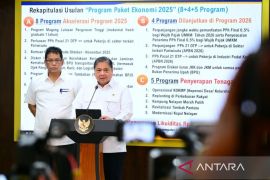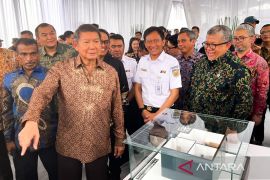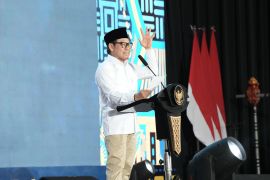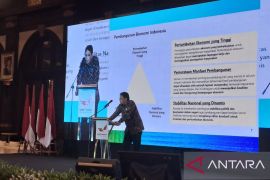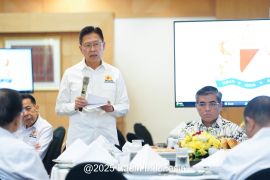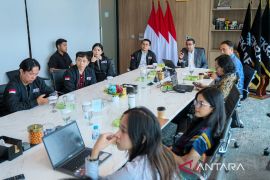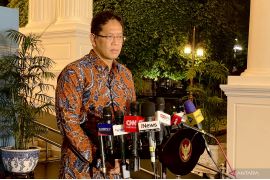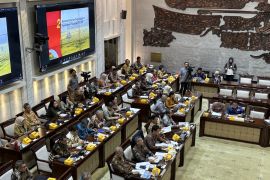"The Indonesian public was conditioned to adapt to the GDP-oriented economic growth over the past ten years, such as the growth of property development," Indef researcher Didin S Damanhuri told journalists here on Wednesday.
Investors in the marine sector therefore faced difficulties in developing their business because the impact of the sector on the GDP was low.
The Indef recorded that the average economic growth in the 2004 - 2013 period was 5.8 percent per annum. The growth had an impact on the trade sectors. Sectors such as agriculture, mining, quarrying and processing were increasingly marginalized.
Didin said the industrial sector failed to develop mining and agriculture-based downstream industries, which could increase competitiveness and value.
"The formal sector increased, but the proportion of the informal sector was still large at 58 percent. This indicated that the business climate was yet to become conducive," Didin said.
Indef was also of the view that the economic policy for small and micro businesses was still restricted, such as policies on export facilities, licenses, market information and raw materials.
"Foreign investments in Indonesia increased, including in the first quarter of 2014 when it reached Rp38 trillion. However, the largest portion of the investment was in the form of state debentures and stocks whose effects on the production sector were still small," Didin said.(*)
Editor: Heru Purwanto
Copyright © ANTARA 2014
